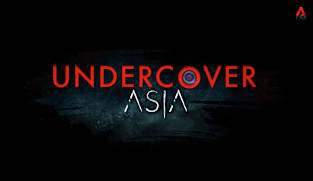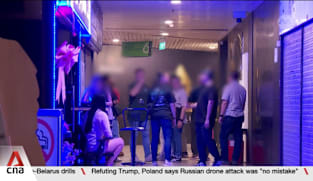Zhulkarnain Abdul Rahim on Elections (Integrity of Online Advertising) (Amendment) Bill
Deepfake technology poses a significant threat to Singapore’s democracy and electoral process by creating realistic but false content that can mislead voters, distort public opinion and undermine confidence in the legitimacy of elections, said MP Zhulkarnain Abdul Rahim. In Parliament on Tuesday (Oct 15), he welcomed a Bill that aims to tackle this issue. Mr Zhulkarnain said apart from political candidates themselves, deepfakes may also be used to create false endorsements by public figures or influencers which could be just as effective in swaying or confusing voters. This highlights the need to extend protection to such individuals as well, he said. Meanwhile, pointing to content that is obviously labelled as “generated by AI” or created for satirical purposes, he asked if such labelling would be sufficient for the creator to avoid any liability. In the “brief but intense period” of elections, he said, the harm such content could do might outweigh considerations of artistic licence. As for issuing of corrective directions and penalties for non-compliance, Mr Zhulkarnain said that given the severity of the consequences, any request for a corrective direction should perhaps be accompanied by a statutory declaration and even a police report to demonstrate the seriousness of the claim.
Deepfake technology poses a significant threat to Singapore’s democracy and electoral process by creating realistic but false content that can mislead voters, distort public opinion and undermine confidence in the legitimacy of elections, said MP Zhulkarnain Abdul Rahim. In Parliament on Tuesday (Oct 15), he welcomed a Bill that aims to tackle this issue. Mr Zhulkarnain said apart from political candidates themselves, deepfakes may also be used to create false endorsements by public figures or influencers which could be just as effective in swaying or confusing voters. This highlights the need to extend protection to such individuals as well, he said. Meanwhile, pointing to content that is obviously labelled as “generated by AI” or created for satirical purposes, he asked if such labelling would be sufficient for the creator to avoid any liability. In the “brief but intense period” of elections, he said, the harm such content could do might outweigh considerations of artistic licence. As for issuing of corrective directions and penalties for non-compliance, Mr Zhulkarnain said that given the severity of the consequences, any request for a corrective direction should perhaps be accompanied by a statutory declaration and even a police report to demonstrate the seriousness of the claim.



















